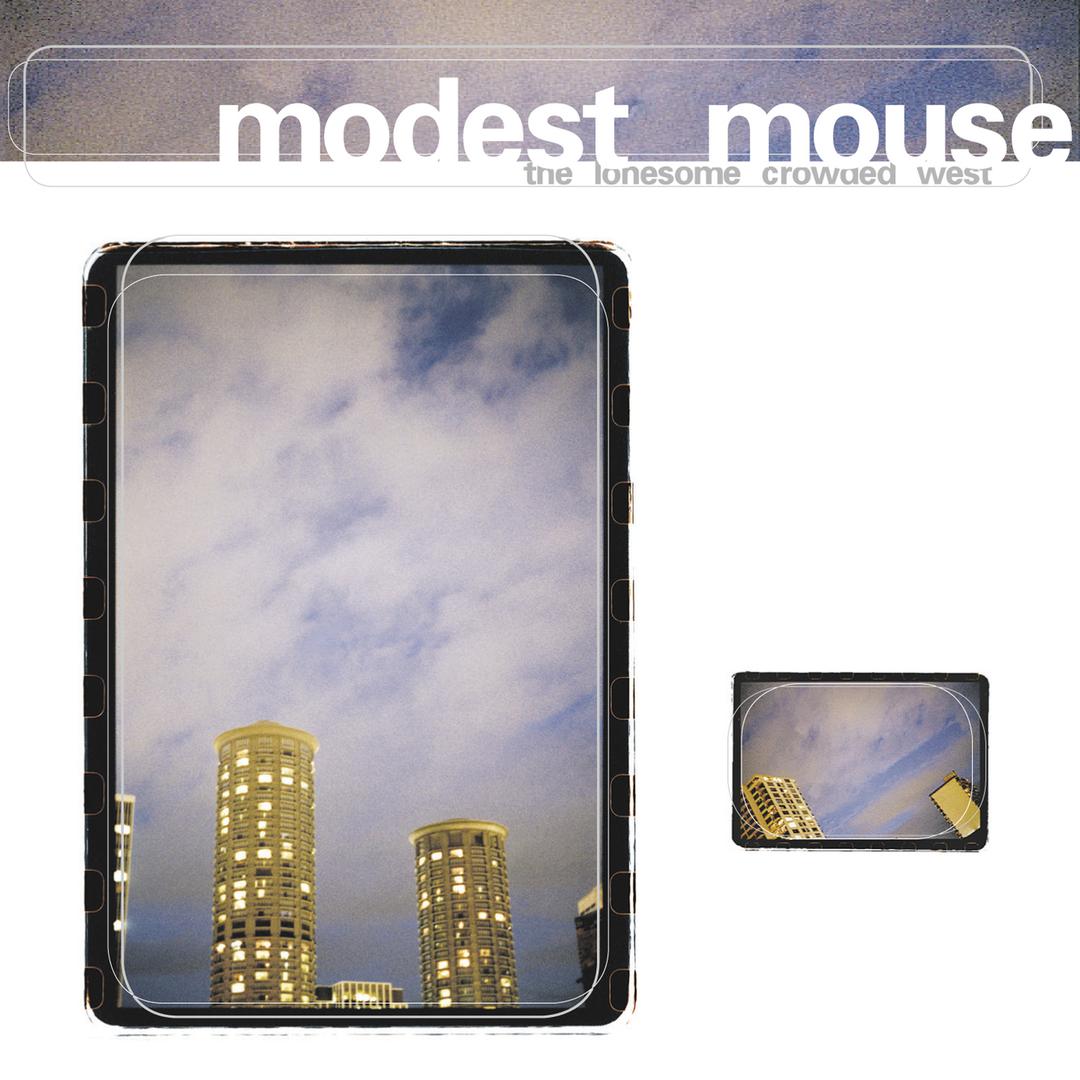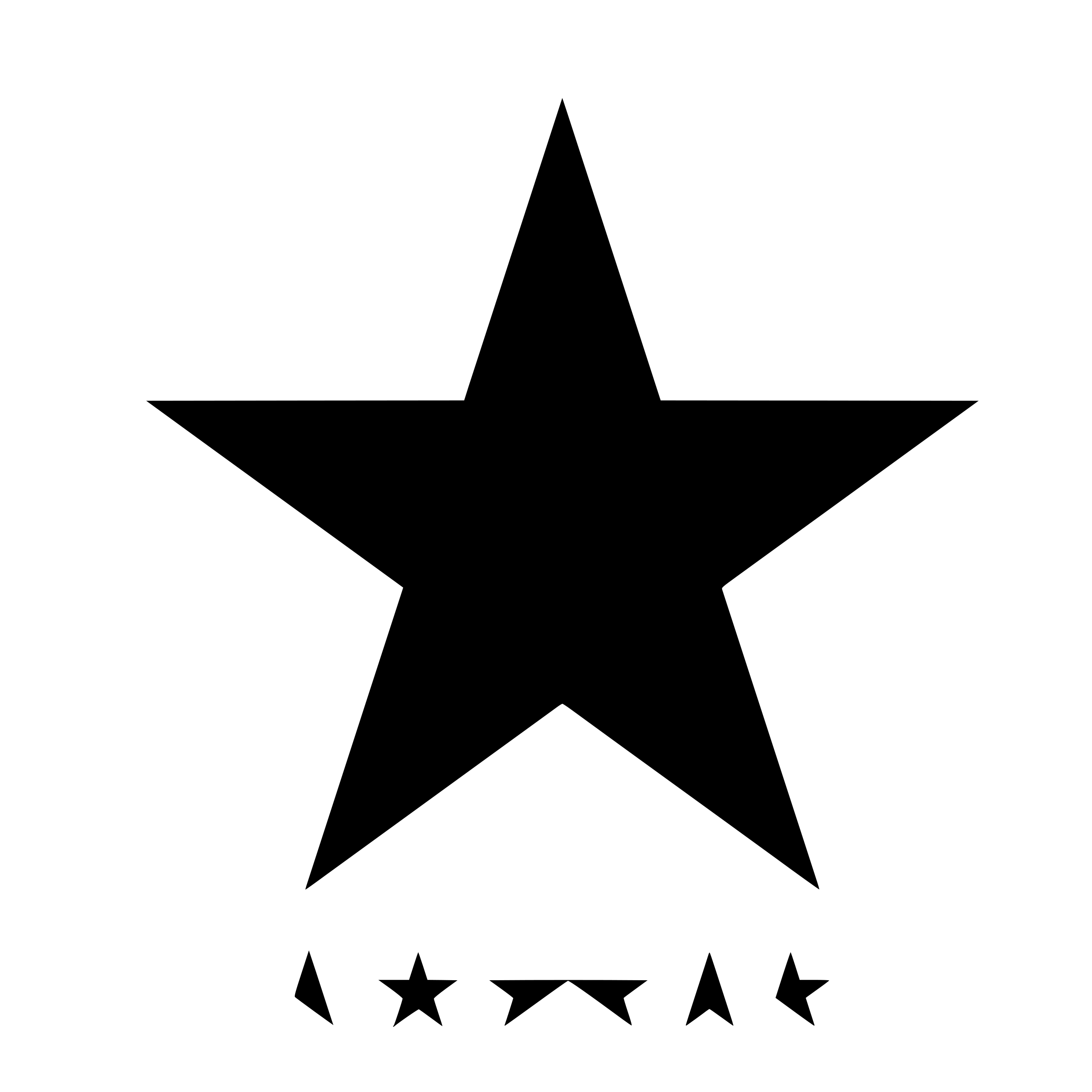When Modest Mouse released their second album -- on November 18, 1997; 20 years ago this Saturday -- the Seattle area was in a state of flux. Described as "a region that still held remnants of the frontier and was known for little more than building airplanes and logging" by Michael Azerrad when setting the scene for Mudhoney's late-'80s rise in his seminal book Our Band Could Be Your Life, the once-rugged Pacific Northwest was soon rendered unrecognizable not only by the grunge explosion, but also by across-the-board growth and expansion. Between 1990 and 2000, Seattle gained 50,000 new residents, the largest increase since the post-war boom of the '50s.
The more drastic changes of the '90s, however, occurred on the city's outskirts. Modest Mouse frontman Isaac Brock's native Issaquah, a town located some 15 miles east of Seattle in the foothills of the Cascades, was a sleepy logging community of under 8,000 residents in 1990. In 1996, a year before The Lonesome Crowded West's release, Costco moved its headquarters there. "It started out as a cute little town," Brock said of Issaquah in a 2012 documentary on the album. "And I got to see it very quickly just get mall-fucked."
But the region's late-'90s transformation pales in comparison to what's happened in the 20 years since the sprawl-obsessed album lamented the proliferation of Orange Juliuses and convenient parking. In the mid-2000s, Forbes named Seattle the most overpriced city in the country, and Issaquah the second-fastest growing suburb in Washington State. A 2015 study ranked the region's traffic as sixth-worst in the nation. According to the U.S. Census Bureau, Seattle's been among the top five fastest-growing cities in each of the past five years (and its average rental price has kept pace). Late last year, Amazon opened a gargantuan three-tower complex downtown and as a result, twice as many apartments have been constructed in the region this year than were constructed in 2016.
All of this is to say: The Lonesome Crowded West hasn't aged a day, and it might even be more relevant now than it was in 1997. Brock's bandmates agree. In the aforementioned documentary, Modest Mouse drummer Jeremiah Green called the album "prophetic" and former bassist Eric Judy said, "I think I feel more strongly about it now then I did then." "You drive around nowadays," Brock chimed in, "and these strip malls and shit that were getting built in the late '90s -- not that long ago -- the shops are fucking closed, and two miles down the road they're building another one." Sure enough, there's a Lonesome Crowded West lyric predicting exactly that: "We tore one down and erected another there/ The match of the century, absence versus thin air."
Brock's lyrics have often been relatable, unglamorous snapshots of life on the fringes of American society -- the weary road tales of This Is A Long Drive For Someone With Nothing To Think About, the lapsed Christian grappling with mortality on The Moon & Antarctica -- but few land with the lasting sting and impact of those on The Lonesome Crowded West. He briefly mentioned "building a desert" and exploiting natural beauty for "beach side property" on 1996's This is A Long Drive... but would expand that anger at land development into a full thesis for his next album.
From the first lyrics on opener "Teeth Like God's Shoeshine" -- "From the top of the ocean/ To the bottom of the sky, goddamn/ Well, I get claustrophobic" -- the push-and-pull between wide-open natural spaces and manmade problems is palpable. Within the album's oxymoronic title, which juxtaposes the words "lonesome" and "crowded," lies its central conflict: At what point does an increase in population and modern conveniences actually serve to alienate humans from one another? If we're creating structures and objects with clear use value, Earth should feel more hospitable to its dominant species, but Brock believed the opposite was true, often saying that the album was about the "dehumanizing" of America.
Brock was so appalled by urbanization that on 1996's "All Night Diner," he sang that he avoided premature ejaculation by envisioning pavement. His disdain for societal "progress" extended from the destruction of nature (in the 2012 documentary he revealed his disgust at the placement of Southcenter Mall and Boeing factories on the uncommonly fertile banks of South Seattle's Duwamish and Green rivers) to consumerism and industry. "Do you need a lot of what you got to survive?" Brock asks on "Teeth Like God's Shoeshine," sounding almost puritanical or Thoreau-esque when describing the unnatural trappings of the infamous Orange Julius, whose "thick syrup" caused free beings to voluntarily stand in lines. On "Doin' The Cockroach," he even compares our obsession with junk food ("Tasty but worthless") to dogs eating their own shit.
Growing up in a working-class family, Brock's view of work as something involving physical labor and tangible results bled into a clear disapproval of the white-collar jobs and intellectuals flooding into his region. Over the course of The Lonesome Crowded West, he takes aim at doctors, lawyers, cinematographers, writers, and dot-com boomers, alternately calling them "cash thieves" or "pornographers," yelling at them to shut up, or, most memorably, ethering them with, "Working real hard to make internet cash/ Work your fingers to the bone sitting on your ass." He mocks yuppies by stealing their jargon ("Cowboy Dan's a major player in the cowboy scene") and extrapolating their wasteful mindset to more dire situations ("Should have insured that planet before it crashed"). Cities, Brock seems to say on "Convenient Parking" and "Bankrupt On Selling," are unlimited hells built to store and sell useless commodities, populated with "businessers" buying and selling all their trash to each other. Not only that, but it was starting to "bleed out onto the highways" and into rural areas.
All of this vitriol would read as bitter Neo-Luddism were it not presented alongside the more private thoughts of someone who's seeing their time-honored way of life vanish before their eyes. A good deal of The Lonesome Crowded West, and Modest Mouse's work in general, has the air of a cornered drunk lashing out at whoever will listen and alienating himself in the process, but this album in particular is more concerned with the aftermath. It's music for tough guys at rock bottom, crying into their tallboys when they think nobody's watching.
"My heart is slowly drying up," Brock sings on the last line of the aggressively pessimistic "Shit Luck," perhaps revealing the first stumble of the downward spiral wrought by changing surroundings. The semi-fictitious character "Cowboy Dan" feels himself slipping into obsolescence, his actions robbed of their agency in the heartbreaking lines:
Every time you think you're walking, you're just moving the ground
Every time you think you're talking, you're just moving your mouth
Every time you think you're looking, you're just looking down
When Dan can't get his engine started, even if he's sober, there's nothing left to do but booze himself out of existence. "I'm trying to drink away the part of the day that I cannot sleep away," Brock later sings on "Polar Opposites." Inebriated disorientation and general disillusionment are blended further on "Long Distance Drunk," in which the narrator says that it "Doesn't seem like anything you're saying or doing is making any sense." Substance abuse is the album's main coping mechanism for unemployment and creeping urbanization, but Jesus hangs around in the background too. "All's not well but I'm told that it'll all be quite nice," Brock sings on album closer "Styrofoam Boots/It's All Nice On Ice, Alright," echoing Christianity's promise of salvation and the righting of earthly wrongs.
Even for those who aren't religious, unemployed, coping with addiction, or opposed to urbanization, The Lonesome Crowded West makes it easy to understand how these identities continue to describe vast swathes of people in the peripheral zones that have gone from rural to suburban to urban in the past twenty years. In addition to exponential increases in land development (not just in the Seattle area), a recent surge in economic inequality and widening cultural divide explain why this album's characters and narrators may sound more familiar today than they did in 1997. If Brock's Cowboy Dan were alive today, he'd be begrudgingly working at Walmart, addicted to opiates, and voting for Trump.
As he's stayed fairly mum on current events, it's unclear how much Isaac Brock's personal politics informed The Lonesome Crowded West. We do know that his disdain for and reluctant tolerance of most cities is real (see his recent comments on his adopted home of Portland, Oregon), and that he does claim to be liberal. In the 2012 documentary, he did explain his semi-autobiographical approach on the song "Trailer Trash": "With the lyrics on that song, like anything, you take your experiences and then you make half fiction."
While The Lonesome Crowded West is largely told from the perspective of people who, if asked, would probably want to "Make America Great Again," it's far cry from other media that fully empathize with with Trump voters in an effort to explain the genesis of their views. J.D. Vance's 2016 book Hillbilly Elegy is chief among these, and his gentle hand when describing the loss of traditional American ways of life sharply contrasts with Brock's often-scathing tone on the album. When Brock adopts a nihilistic tone and claims that "high school means nothing" on "Trailer Trash," you'd have to be willfully ignorant to believe that he's actually devaluing education. After all, he named his band after a Virginia Woolf story.
Instead, Brock's rage on the album seems more aimed at late capitalism than either side of the political fence. It's the nationwide drive for profit, for commodities, that does more to estrange Cowboy Dan from the writer on the train talking about TV. After all, Dan and his yuppie nemeses are thinking the same thing, generally speaking: "I've got mine but I want more." Brock's most damning sentiments are saved for The Man, or a far-off "they," those who he says would bottle and sell their consciences if they could.
Indictments of manifest destiny and corporate greed are a dime a dozen in the past 50 years of popular music; what makes The Lonesome Crowded West essential is its prescience and its untapped vantage point. We've already touched on the ways that lyrics like "The malls are the soon-to-be ghost towns" have predicted real estate headlines of the future, but consider how few indie rock albums are written ostensibly against their target demographic: college-educated city-dwellers. One of the few that springs to mind is EMA's recent, Trump-motivated Exile in the Outer Ring, the title of which refers to the nether regions between urban and rural that are now filled with the detritus of failed suburbs. Like Brock, Erika M. Anderson speaks for those who are usually voiceless in popular culture, but hers is more of a knee-jerk reaction to a contemporary problem, whereas The Lonesome Crowded West used examples from the past and present to paint a startlingly accurate pre-dystopian image of the future.
While Issaquah might have looked simultaneously lonesome and crowded in 1997, residents of similar small towns on the periphery of cities might have wondered what Cowboy Dan meant when he said, "I didn't move to the city, the city moved to me." Nowadays, with the widespread brain drain on rural areas and urban-dwellers regularly being priced out further and further into the outskirts, Modest Mouse's brutally clear depictions of waste and decay have never been more relevant.






